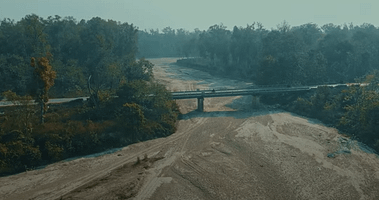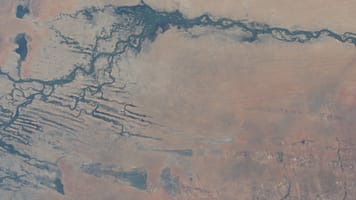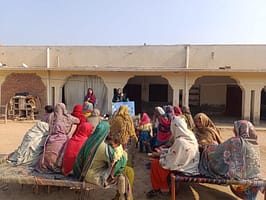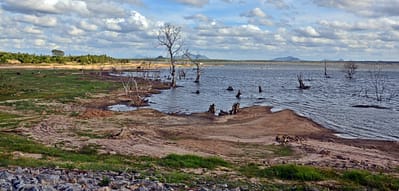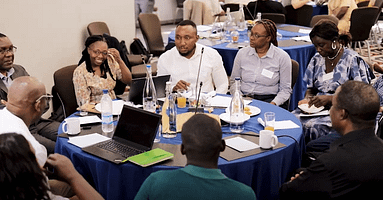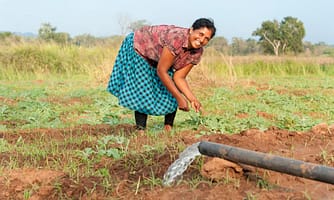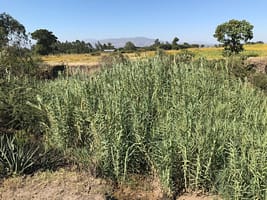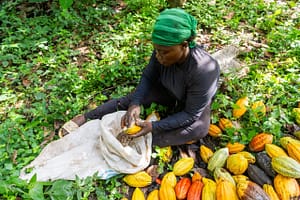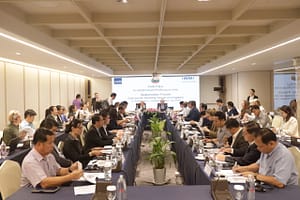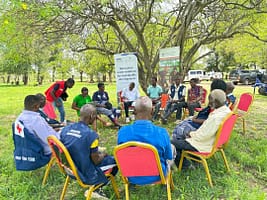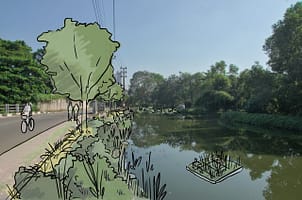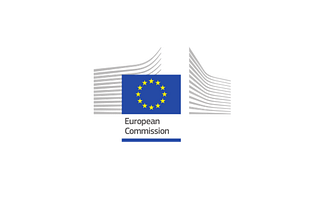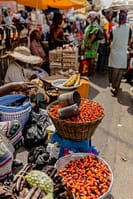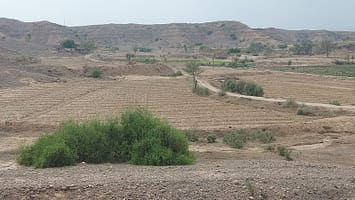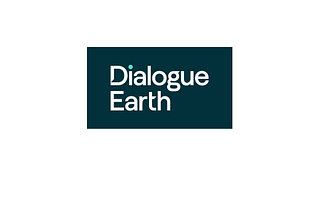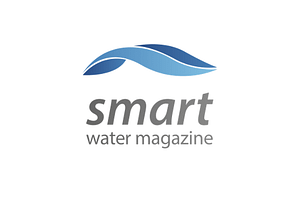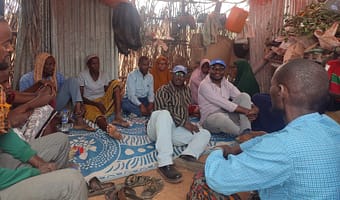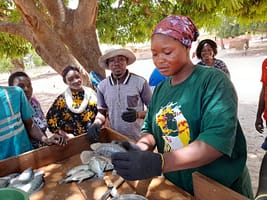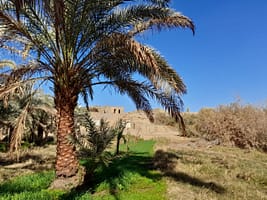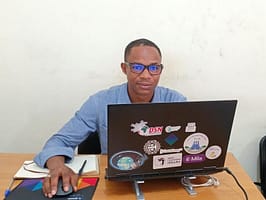All Categories News (459) Explainers (5) Features (169) In the media (235) Press releases (81) Publications (48) Specials (0) Annual reports (6) Blogs (307) From the DG (6) Multimedia (0) Infographics (3) Photos (6) Podcasts (10) Videos (48)
All Locations Africa (454) Algeria (1) Angola (1) Benin (3) Botswana (6) Burkina Faso (9) Burundi (1) Chad (1) Côte d’Ivoire (4) Democratic Republic of the Congo (1) Egypt (38) Ethiopia (83) Gambia (1) Ghana (84) Kenya (28) Lesotho (1) Libya (3) Malawi (9) Mali (6) Morocco (18) Mozambique (8) Namibia (3) Niger (1) Nigeria (23) Rwanda (5) Senegal (4) Sierra Leone (1) South Africa (34) Sudan (3) Togo (2) Tunisia (10) Uganda (8) United Republic of Tanzania (5) Zambia (34) Zimbabwe (18) Americas (20) Brazil (2) Colombia (5) Ecuador (1) Mexico (3) Nicaragua (1) Paraguay (1) Peru (2) United States of America (3) Asia (620) Afghanistan (8) Azerbaijan (2) Bangladesh (36) Bhutan (3) Cambodia (6) China (17) India (136) Indonesia (1) Iran (2) Iraq (4) Japan (2) Jordan (33) Kazakhstan (2) Kyrgyzstan (4) Lao PDR (18) Lebanon (12) Malaysia (1) Myanmar (14) Nepal (99) Pakistan (94) Philippines (1) Saudi Arabia (8) Sri Lanka (152) Syrian Arab Republic (3) Tajikistan (10) Thailand (1) Turkmenistan (2) United Arab Emirates (16) Uzbekistan (19) Viet Nam (4) Yemen (5) Europe (5) Italy (1) Netherlands (1) Spain (2) Sweden (1) Ukraine (1) Global (133) Oceania (4) Australia (3) Fiji (1)
All Research Non-research (8) Water data science (173) Water data science for action (76) Water futures data and analytics (39) Water, climate change and resilience (424) Climate mitigation and adaptation pathways (260) Climate policies, finance and processes (42) Fragility, conflict, livelihoods and water (19) Water, food and ecosystems (377) Agricultural water management transformations (43) Integrated basin and aquifer management (27) Next generation irrigation systems (125) Sustainable water infrastructure and ecosystems (93) Water, food, energy nexus (85) Water, growth and inclusion (350) Economics and impact assessment (31) Gender equality and social inclusion (167) Integrated circular economy transformations (55) Water governance and political economy (44)
All Funders & Partners Africa Group of Negotiators Expert Support (1) African Development Bank (AfDB) (2) African Minister’s Council on Water (AMCOW) (1) African Union (1) African Union Commission (1) Agriculture And Climate Risk Enterprise (ACRE Africa) (1) Alliance for a Green Revolution in Africa (AGRA) (1) Alliance for Global Water Adaptation (AGWA) (6) Aquaporo (2) Arab Water Council (1) Arup (3) Asian Development Bank (ADB) (4) Association of International Research and Development Centers for Agriculture (AIRCA) (6) Centre for Agriculture and Bioscience International (CABI) (1) International Centre for Integrated Mountain Development (ICIMOD) (5) Australia’s Department of Foreign Affairs and Trade (DFAT) (9) Water for Women Fund (3) Australian Centre for International Agricultural Research (ACIAR) (8) Australian Water Partnership (AWP) (4) Bagmati Welfare Society (1) BAIF Development Research Foundation (1) Bangladesh’s Ministry of Agriculture (1) Bangladesh Agricultural Research Council (BARC) (1) Bill & Melinda Gates Foundation (9) CARE (1) Center for Environment and Development for the Arab Region and Europe (CEDARE) (1) Centre for Poverty Analysis (CEPA) (1) Cewas (1) CGIAR (353) Alliance of Bioversity International and CIAT (10) Center for International Forestry Research and World Agroforestry (CIFOR-ICRAF) (2) International Center for Agricultural Research in the Dry Areas (ICARDA) (4) International Crops Research Institute for the Semi-Arid Tropics (ICRISAT) (1) International Food Policy Research Institute (IFPRI) (16) International Livestock Research Institute (ILRI) (2) International Maize and Wheat Improvement Center (CIMMYT) (9) International Potato Center (CIP) (1) International Rice Research Institute (IRRI) (14) WorldFish (8) Chrysalis (1) Climate Centre (2) Columbia University (1) Cornell University (1) Council on Energy, Environment and Water (CEEW) (1) Deltares (3) Deutsche Gesellschaft fuer Internationale Zusammenarbeit (GIZ) GmbH (7) Digital Earth Africa (5) Economic Community of West African States (ECOWAS) (1) European Union (EU) (18) European Commission (10) Everest Club (2) Expertise France (1) Farm Africa (1) Field Ornithology Group of Sri Lanka (FoGSL) (1) Germany’s Federal Ministry for Economic Cooperation and Development (BMZ) (8) Ghana’s Ministry of Environment, Science, Technology and Innovation (1) Ghana’s Council for Scientific and Industrial Research (CSIR) (1) Ghana’s Ministry of Food and Agriculture (MoFA) (2) Ghana Irrigation Development Authority (GIDA) (1) Global Affairs Canada (1) Global Commission on the Economics of Water (1) Global Environment Facility (GEF) (4) Global Green Growth Institute (GGGI) (1) Global Institute for Interdisciplinary Studies (1) Global Resilience Partnership (GRP) (1) Global Water Partnership (GWP) (18) Google.org (8) Green Climate Fund (GCF) (1) GroundTruth (1) Hawassa University (5) Helmsley Charitable Trust (13) iDE (1) IHE Delft Institute for Water Education (6) India’s Ministry of Agriculture and Farmers Welfare (8) Indian Council of Agricultural Research (ICAR) (7) Borlaug Institute for South Asia (BISA) (1) Central Arid Zone Research Institute (CAZRI) (1) Central Research Institute for Dryland Agriculture (CRIDA) (1) India’s Ministry of Jal Shakti (1) Indian Space Research Organisation (ISRO) (1) Institute of Development Studies (IDS) (1) Inter-American Development Bank (IDB) (1) International Dryland Development Commission (IDDC) (1) International Federation of Red Cross and Red Crescent Societies (IFRC) (2) International Fund for Agricultural Development (IFAD) (8) International Institute for Applied Systems Analysis (IIASA) (1) International Union for Conservation of Nature (IUCN) (5) International Water Association (IWA) (3) International Water Resources Association (IWRA) (1) Interstate Commission for Water Coordination of Central Asia (ICWC) (1) Scientific-Information Center (SIC) (1) Japan’s Ministry of Agriculture, Forestry and Fisheries (MAFF) (7) Jordan’s Ministry of Agriculture (1) Kenya Agricultural & Livestock Research Organization (KALRO) (1) Kwame Nkrumah University of Science and Technology (1) League of Arab States (1) Arab Organization for Agricultural Development (AOAD) (1) Limpopo Watercourse Commission (LIMCOM) (2) McGill University (1) Mercy Corps (2) Ministry of Economic Affairs and Climate Policy of the Netherlands (1) Netherlands Enterprise Agency (RVO) (1) National Agriculture Research Center (1) National Association for Rural Municipalities in Nepal (1) NDC Partnership (1) Nepal Water Conservation Foundation (NWCF) (1) Nepal’s Ministry of Energy, Water Resources and Irrigation (2) Nepal’s Department of Hydrology and Meteorology (DHM) (1) Netherlands Food Partnership (NFP) (1) Netherlands Water Partnership (NWP) (1) Norwegian Agency for Development Cooperation (NORAD) (4) Organisation for Economic Co-operation and Development (OECD) (1) Pakistan Council of Research in Water Resources (PCRWR) (3) Pakistan Ministry of Climate Change and Environmental Coordination (MOCC) (1) Regional Environmental Centre for Central Asia (CAREC) (1) Resurgence (2) Schlumberger Faculty for the Future Stitching Fund (1) Sierra Leone’s Ministry of Water Resources (1) National Water Resources Management Agency (NWRMA) (1) SNV Netherlands Development Organisation (4) South Asian Association for Regional Cooperation (SAARC) (1) South China Agricultural University (SCAU) (1) Sri Lanka’s Ministry of Agriculture (6) Sri Lanka’s Department of Agrarian Development (3) Sri Lanka’s Ministry of Defence (6) Sri Lanka’s Disaster Management Division (5) Sri Lanka’s Disaster Management Centre (5) Sri Lanka’s Ministry of Environment (3) Sri Lanka’s Ministry of Finance, Planning and Economic Development (1) Sri Lanka’s Department of National Planning (1) Sri Lanka’s Ministry of Irrigation (2) Sri Lanka’s Ministry of Mahaweli Development and Environment (1) Sri Lanka’s Ministry of Technology (4) Arthur C. Clarke Institute for Modern Technologies (ACCIMT) (1) National Research Council of Sri Lanka (NRC) (2) Stockholm Environment Institute (SEI) (3) Stockholm International Water Institute (SIWI) (3) SunCulture (1) Swedish International Development Agency (SIDA) (3) Swedish University of Agricultural Sciences (SLU) (1) Swiss Agency for Development and Cooperation (SDC) (12) Tata Trusts (23) Total LandCare (1) Tribhuvan University (1) UK Research and Innovation (UKRI) (2) UK’s Department for Science, Innovation and Technology (1) UK Met Office (2) UK’s Foreign, Commonwealth & Development Office (FCDO) (44) United Nations (UN) (75) Food and Agriculture Organization of the United Nations (FAO) (23) Intergovernmental Panel on Climate Change (IPCC) (1) Intergovernmental Science-Policy Platform on Biodiversity and Ecosystem Services (IPBES) (1) International Organization for Migration (IOM) (2) International Telecommunication Union (ITU) (1) Risk-informed Early Action Partnership (REAP) (1) UN Environment Programme (UNEP) (6) UN-Water (3) United Nations Children’s Fund (UNICEF) (7) United Nations Convention to Combat Desertification (UNCCD) (1) International Drought Resilience Alliance (IDRA) (2) United Nations Development Programme (UNDP) (3) United Nations Economic and Social Commission for Asia and the Pacific (1) United Nations Economic and Social Commission for Western Asia (ESCWA) (1) United Nations Educational, Scientific and Cultural Organization (UNESCO) (1) United Nations Framework Convention on Climate Change (UNFCCC) (6) United Nations Office for Disaster Risk Reduction (UNDRR) (1) Coalition for Disaster Resilient Infrastructure (1) United Nations Office for Outer Space Affairs (UNOOSA) (1) United Nations Office for the Coordination of Humanitarian Affairs (UN OCHA) (2) United Nations Population Fund (UNFPA) (1) World Food Programme (WFP) (10) World Meteorological Organization (WMO) (1) COPE Disaster Champions (1) United States Agency for International Development (USAID) (64) Feed the Future (2) United States Department of State (1) University of Aberdeen (5) University of London (1) School of Oriental and African Studies (SOAS) (1) University of Manchester (1) University of Nebraska (11) Daugherty Water for Food Global Institute (12) Water Research Commission (WRC) of South Africa (1) Wellcome Trust (2) World Bank (83) International Development Association (IDA) (1) World Economic Forum (2) World Farmers’ Organization (WFO) (1) World Vision (6) Department of Water Resources (DWR) (2) National Oceanic and Atmospheric Administration (NOAA) (1) Southern African Dvelopment Community – Groundwater Management Institute (SADC-GMI) (1)
Sort by date Newest first Oldest first
January 28, 2025
IWMI's work in two districts of Nepal assessed climate change vulnerability and risk to water and sanitation systems.
January 24, 2025
The continent's ability to adapt to climate change depends, in part, on accurate river discharge estimation.
January 21, 2025
Women and girls are learning to conserve water and boost productivity while reducing water stress in Okara, Punjab.
January 21, 2025
The NEXUS Gains Talks series concluded by examining critical connections between global heating and water.
January 20, 2025
The Chirchik River Pywr model tracks current water management decisions, their impacts and benefits to evaluate future interventions.
January 17, 2025
Collective action is at the forefront of IWMI's work to strengthen climate-resilient agricultural practices in rainfed systems.
January 16, 2025
Over three years, NEXUS Gains has worked across South Asia, applying diverse approaches to help address groundwater depletion.
January 15, 2025
The story of one family's successful gully restoration in Halaba, Ethiopia.
January 15, 2025
Roundup of research, journal and other academic articles from November and December 2024.
January 9, 2025
Evidence-based research on solar-powered groundwater irrigation has the potential to provide water security for agrarian communities in Lao People’s Democratic Republic (PDR).
January 6, 2025
Embedding anticipatory action in national systems, among other actions, can better protect vulnerable populations from predictable shocks.
January 3, 2025
In 2024, we published over 150 stories on topics including digital twins, drought, and urban wetlands. Here are our favorites.
January 3, 2025
IWMI is a partner in Hydro4U which focuses on small-scale hydropower in Central Asia to address issues including water scarcity.
January 2, 2025
Roundup of research, journal and other academic articles from September and October 2024.
January 2, 2025
IWMI began piloting underground transfer of floods for irrigation (UTFI) in a village in the Ganges Basin in 2015.
December 23, 2024
The Agritech4Kenya Challenge is supporting science-based agri-tech innovations that are localized and demand driven.
December 20, 2024
The gender dynamics, community strategies, and vulnerabilities in South Punjab’s hill torrent floods.
December 19, 2024
IWMI's Paul Schulze and Deepa Joshi on how freshwater canals are being appropriated by leaseholders for personal gain.
December 19, 2024
Each of the new members will play a key role in guiding IWMI’s growth and development as it takes forward the new IWMI Strategy 2024-2030.
December 19, 2024
IWMI and partners strengthen investment in anticipatory action and disaster preparedness following 2023 floods.
December 19, 2024
Context matters for how young people in Ghana view aquaculture.
December 18, 2024
IWMI and partners demonstrate the power of community-driven land restoration in fostering awareness and encouraging initiative.
December 18, 2024
Despite their growing popularity in policy and development circles, scaling nature-based solutions faces significant obstacles.
December 18, 2024
IWMI has expanded DIWASA's scope to emphasize capacity building, stakeholder collaboration, and mentorship.


